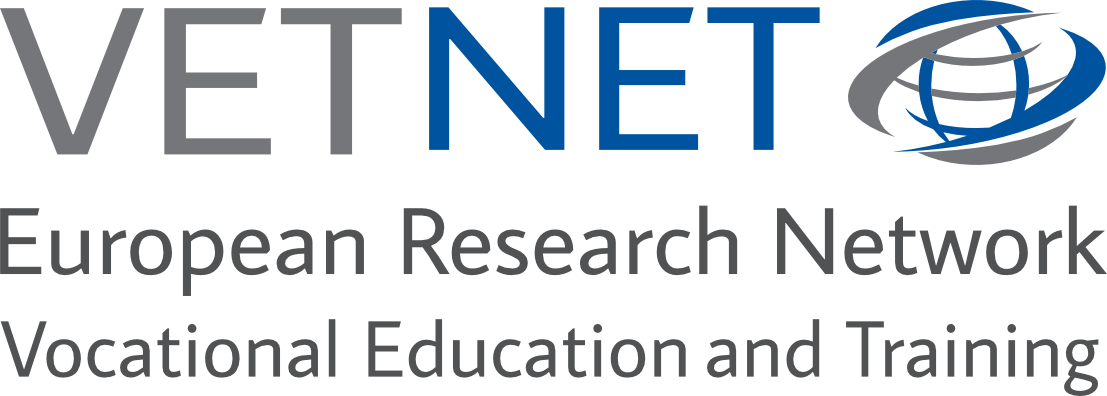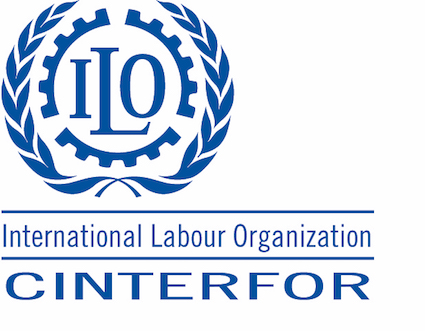Profiles in Teachers' Value-Based Tensions in Senior Secondary Vocational Education and Training
DOI:
https://doi.org/10.13152/IJRVET.9.3.2Keywords:
Tensions, Values, Vocational Education and Training, VET, Cultural Diversity, Teacher ProfilesAbstract
Context: With an increase in cultural diversity in many countries, schools and teacher educators are grappling with the question of what this diversity might bring in vocational education, and how teachers can be prepared to work with this diversity. In order to train and empower teachers who experience tensions because of culturally diverse student populations, it is useful to know whether teachers do have different needs to work with this diversity. This study reports on profiles in teachers' experience of value-based tensions (professional ethics and stance, diversity and communality, respect, personal autonomy, and justice) teaching in culturally diverse classes of Senior Secondary Vocational Education and Training (SSVET).
Methods: This study relied on data from a questionnaire completed by 891 teachers from 20 culturally diverse SSVET schools in the Netherlands. A Hierarchical Cluster Analysis was performed to identify subgroups of teachers that have a similar pattern of responses (profiles) with regard to the different value-based tensions they experienced. Subsequently, the association of the distinguished profiles with the competence elements (knowledge, skills and attitudes) was examined with ANOVA. Lastly, the P-value of the Pearson Chi-Square was examined through cross-tabulation analysis to determine whether the associations between the distinguished profiles and personal and contextual characteristics were statistically significant.
Findings: Hierarchical cluster analysis identified three profiles suggesting that teachers experienced all tensions more or less to a certain degree: Relaxed, rarely tense, or reasonably tense. "Professional ethics and stance" tension was the most frequently experienced value-based tension in all three profiles. The profiles were related to teachers background characteristics. The teachers with a reasonably tense profile work mainly in the lower levels of the SSVET. These teachers reported to have had more training on the topic of multicultural education. Teachers with relaxed profile reported having fewer skills than teachers with medium and reasonably tense profiles.
Conclusion: The current study suggests that the culturally diverse student population creates tensions for teachers in SSVET and - depending on the type of profile - for some teachers more than others. The most frequently experienced tension on professional ethics and stance in all profiles confirms that all teachers experience conflicts with regard to their own norms, values and convictions and those of their students on the one hand, and the standards of the labor market with its own specific requirements for professional ethics and stance as a third party on the other. For teacher educators, the profiles can be useful as a reflection tool during study and professional development, as different groups of teachers have been distinguished and some groups need extra training in all the tensions. In SSVET, teachers with the different profiles could support each other in the process of coping with the value-based tensions.
Downloads
Online First / Final Publication Date
How to Cite
Issue
Section
URN
License
Copyright (c) 2022 Kennedy Tielman, Renate Wesselink, Perry den Brok, Fadi Hirzalla

This work is licensed under a Creative Commons Attribution-ShareAlike 4.0 International License.





